JCPOA revival hinges ‘entirely’ on US readiness, political will: Russian diplomat
Russia’s permanent representative to the international organizations in Vienna says the fate of the Vienna talks on reviving the Iran nuclear deal depends entirely on Washington’s seriousness.
Speaking with Russia’s Izvestia newspaper on Friday, Mikhail Ulyanov noted that the ball on the fate of the deal, or the Joint Comprehensive Plan of Action (JCPOA), is in the US’ court.
“The completion of the negotiations at this stage, whether successful or unsuccessful, depends almost entirely on the United States and on their readiness to negotiate and seek an acceptable compromise,” he said.
According to the diplomat, Washington “suspended” the negotiation process due to the upcoming US congressional elections on November 8, 2022.
The last round of talks did not end “negatively,” he said, expressing optimism that the negotiations would be completed after the US election in late November.
The Russian diplomat also believes that an agreement between the parties can be reached “in a very short time” as just a few issues have remained and they just need a “political will.”
The current crisis over Iran’s nuclear program was created in May 2018, when former US president Donald Trump pulled Washington out of the 2015 nuclear deal and imposed tough economic sanctions against the Islamic Republic under what he called the “maximum pressure” policy.
The talks to salvage the agreement kicked off in the Austrian capital of Vienna in April last year, months after Joe Biden succeeded Trump, with the intention of examining Washington’s seriousness in rejoining the deal and removing anti-Iran sanctions.
Earlier this week, US special envoy for Iran Robert Malley said the negotiations are “not even on the agenda,” in a gesture aimed at blaming Iran for the stalled diplomatic process.
Malley claimed that the standstill in the talks came because Iran’s position is “inconsistent with a return to the deal” and that Iran makes “demands that have nothing to do with the JCPOA.”
Asked about the prospects of the talks, Malley said, “It’s not the focus because there’s no movement… We will see whether this is a government that is interested in reaching that deal. But at this point, the focus is on what’s happening around because the talks are stalled.”
Iran has demanded that the United States provide assurances that it would not leave the JCPOA again before it could reenter the agreement. Washington has refused to give a legally enforceable guarantee, leaving Iranian negotiators suspicious of the Biden administration’s seriousness in the talks.
Last week, Iranian Foreign Ministry spokesman Nasser Kan’ani reaffirmed the Islamic Republic’s commitment to the talks.
“The Islamic Republic of Iran’s approach is to remain in the course of negotiations so as to reach a lasting and sustainable agreement that would simultaneously guarantee the fundamental interests of the government as well as those of the Iranian nation,” Kan’ani told reporters.
He said the three EU parties to the deal – France, Britain and Germany – and the United States have linked the talks to the latest riots in Iran, asserting that Tehran will not allow other states to interfere in its domestic affairs.
The spokesman also made clear that Tehran is ready for bilateral interaction with all parties so that the negotiations would come to fruition.
IRGC intelligence dismantles MKO, monarchist terror cells in NE Iran
‘Permits of humiliation’: Israel targets Christian schools in al-Quds
Over 470 terrorists, riot ringleaders captured across Iran
UNRWA chief warns about 'record highs' of diseases in Gaza amid Israeli siege
Israeli agricultural exports face looming 'collapse' amid boycotts over Gaza genocide
VIDEO | Canadians preparing to hold more rallies in solidarity with Venezuela
VIDEO | Iranian national Mahdieh Esfandiari goes on trial for supporting Palestine
VIDEO | Italian farmers launch protest campaign against EU-Mercosur free trade deal


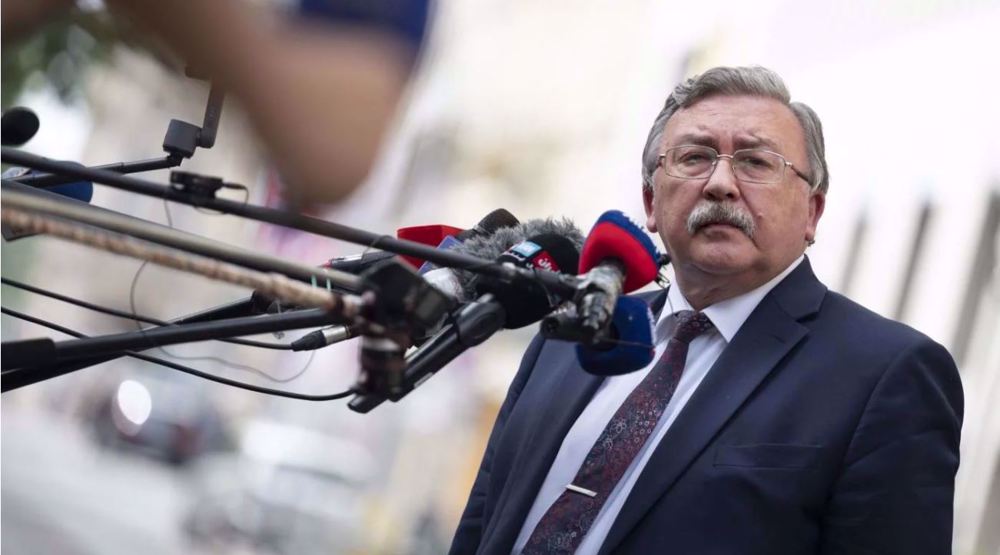
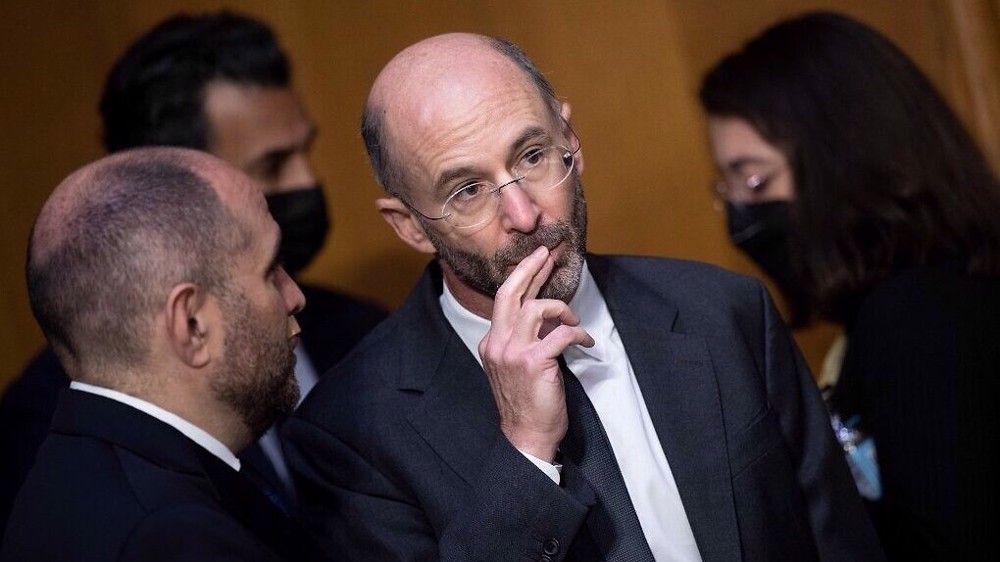
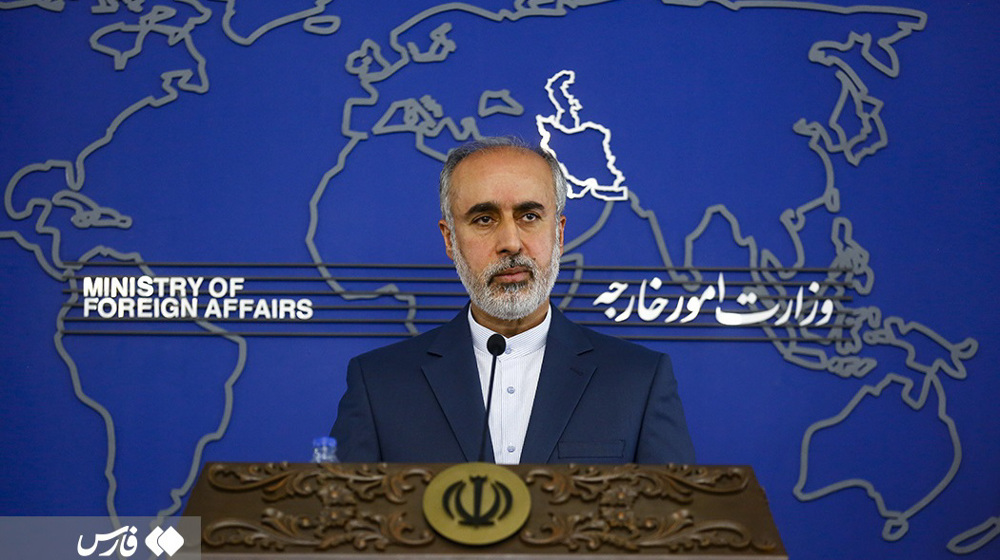
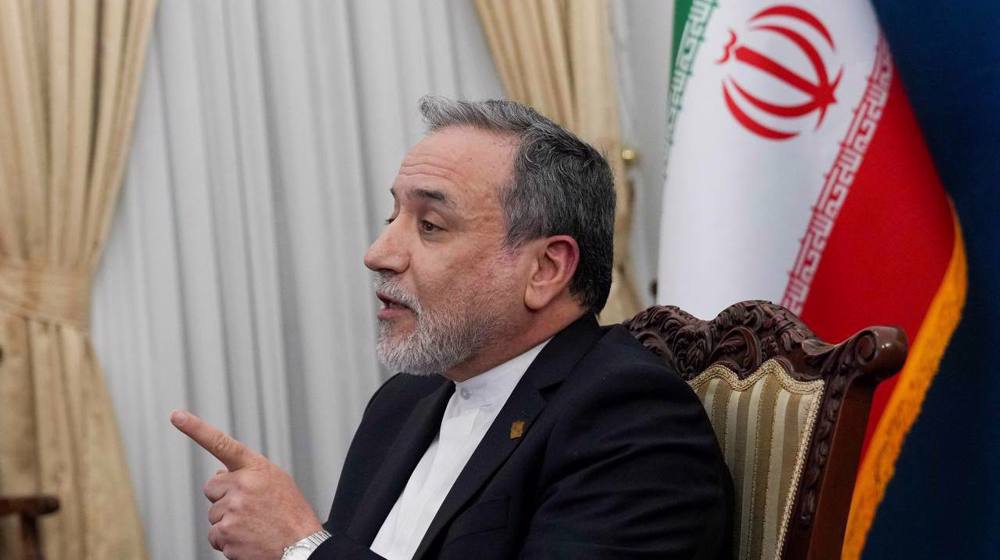
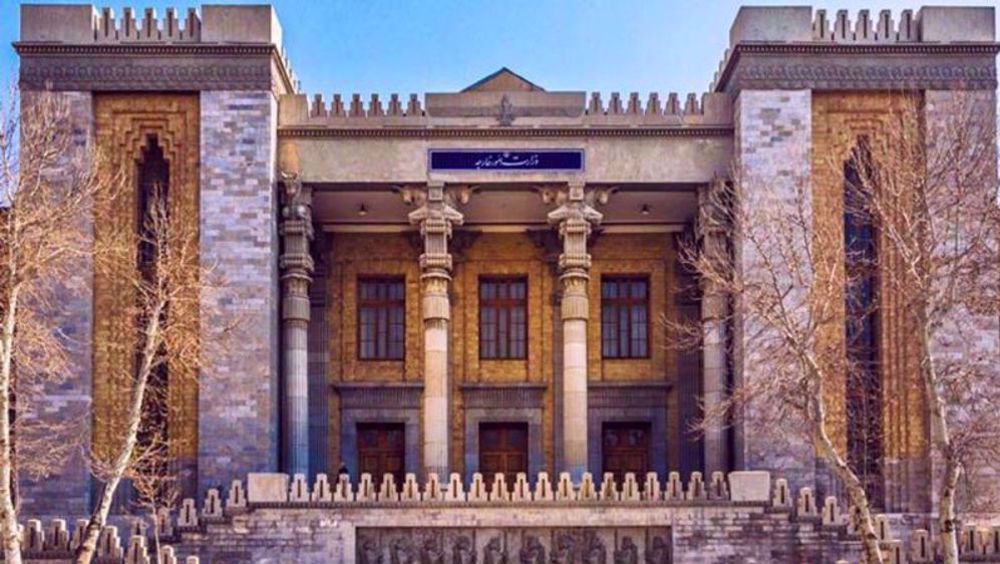
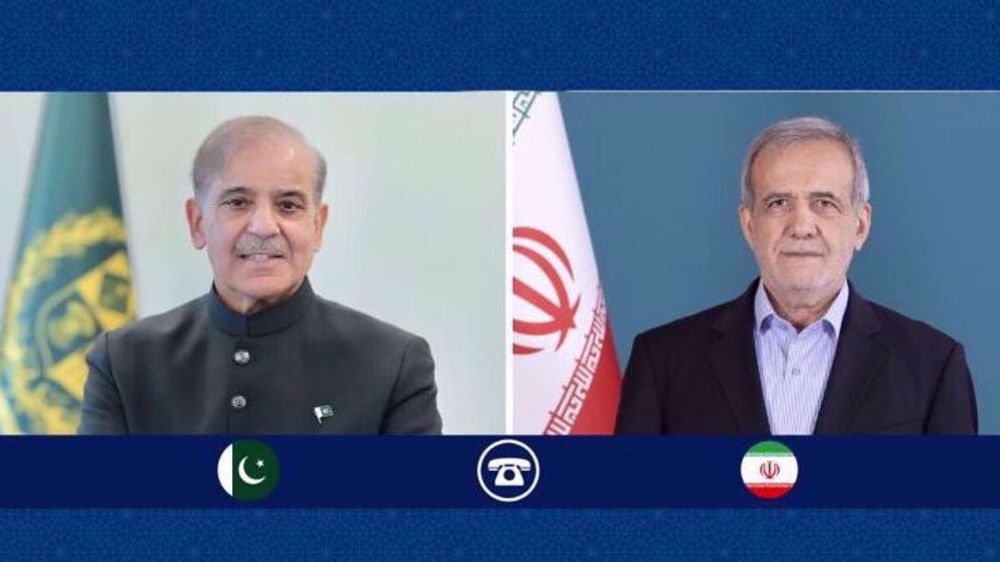



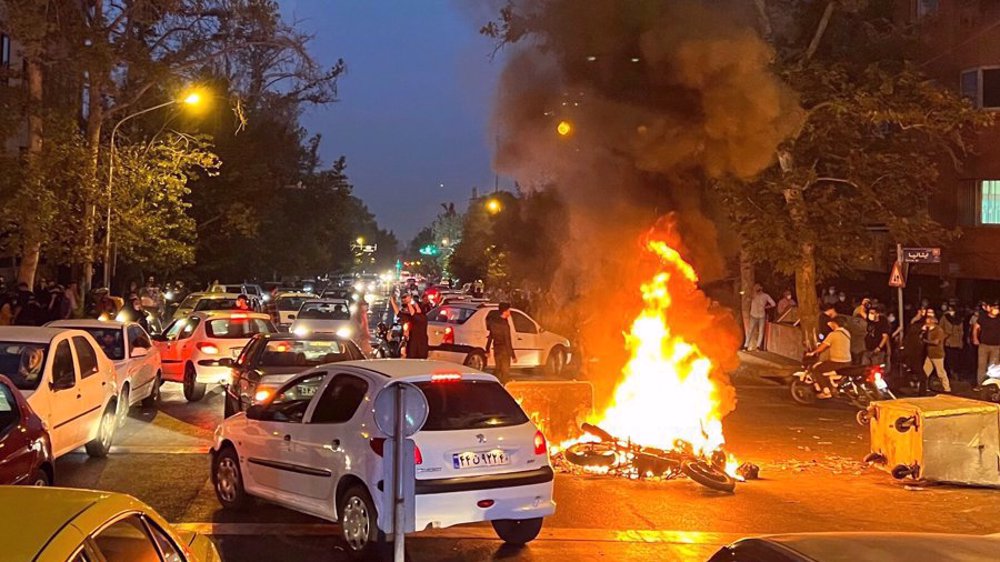
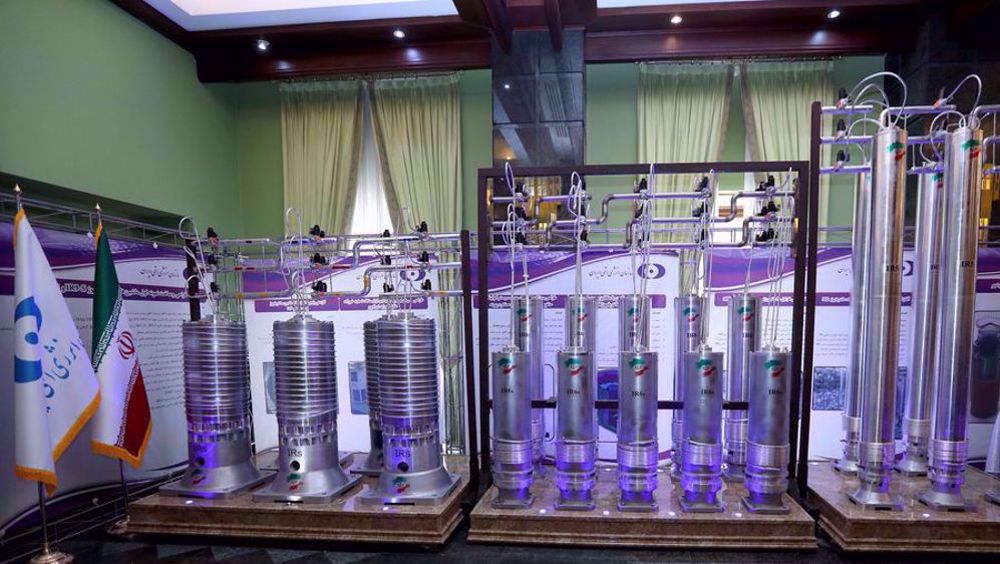
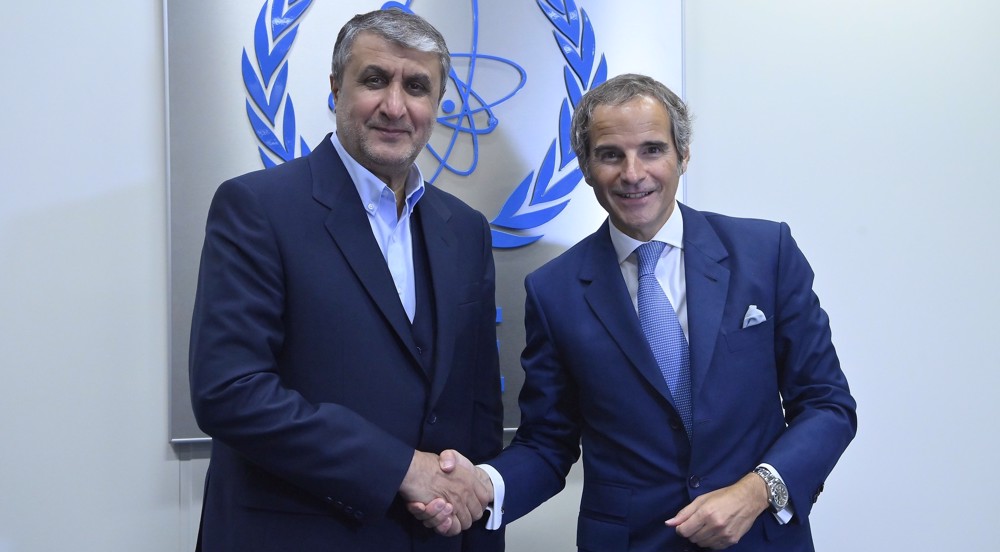
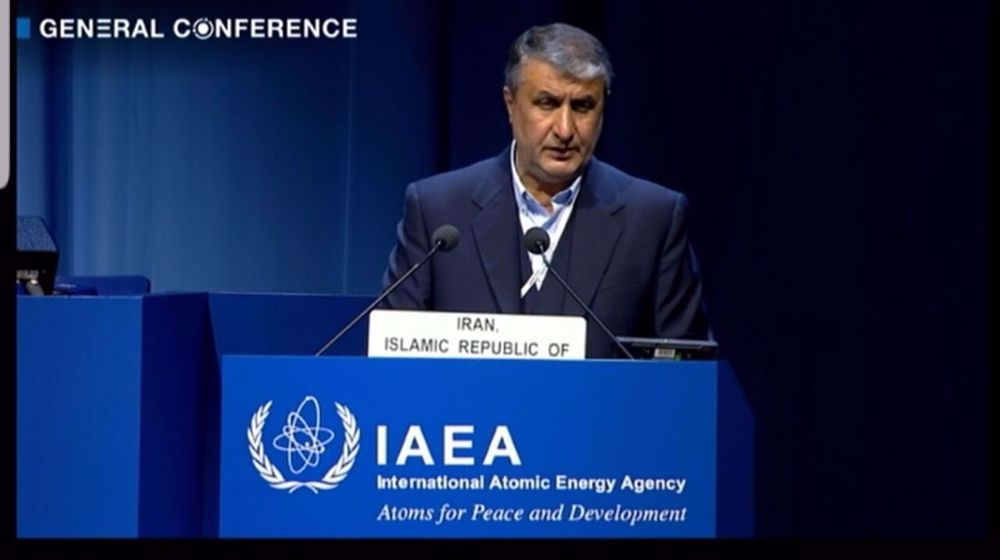
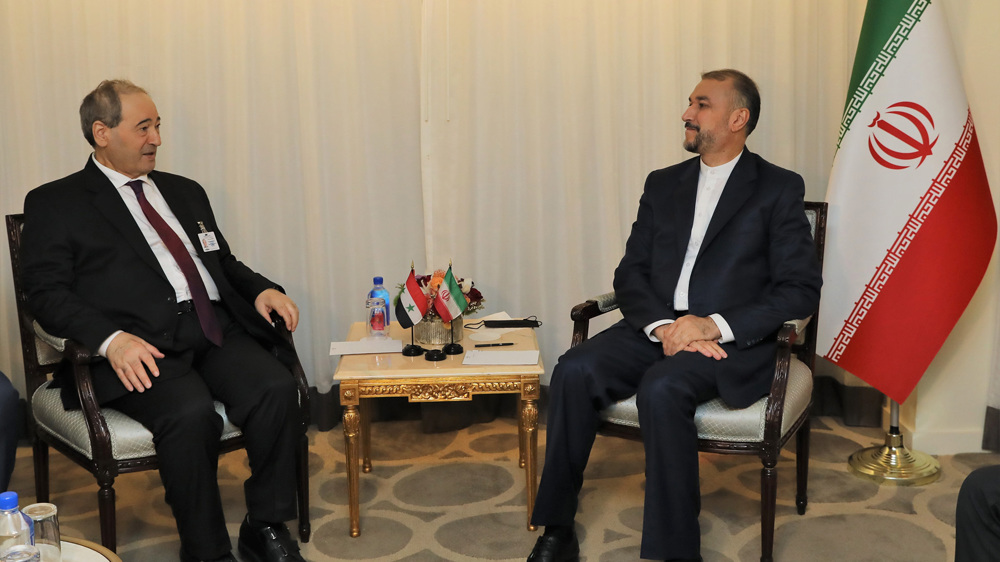

 This makes it easy to access the Press TV website
This makes it easy to access the Press TV website